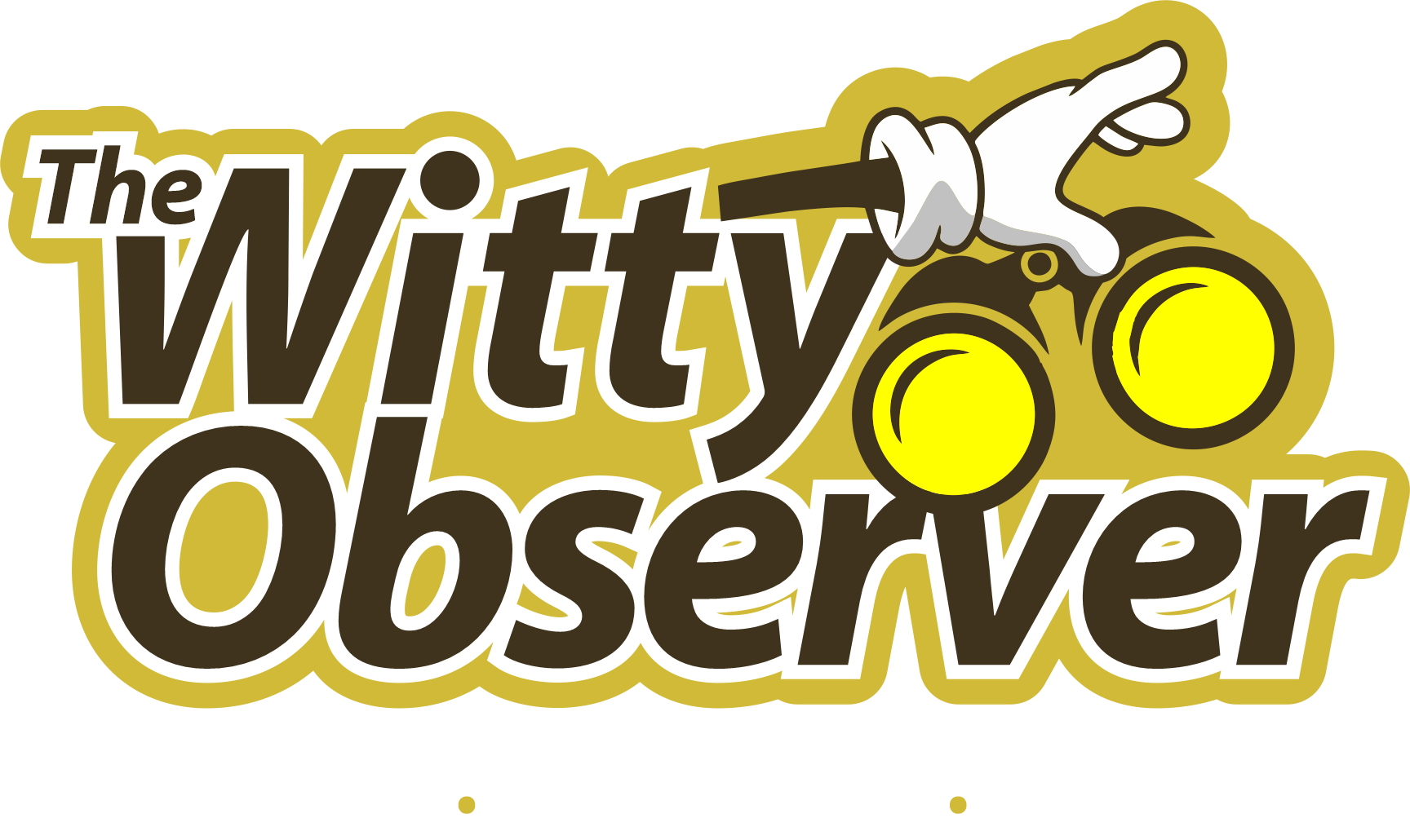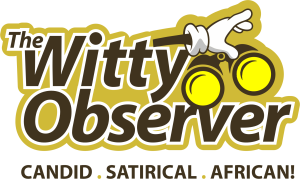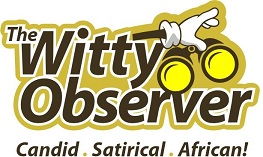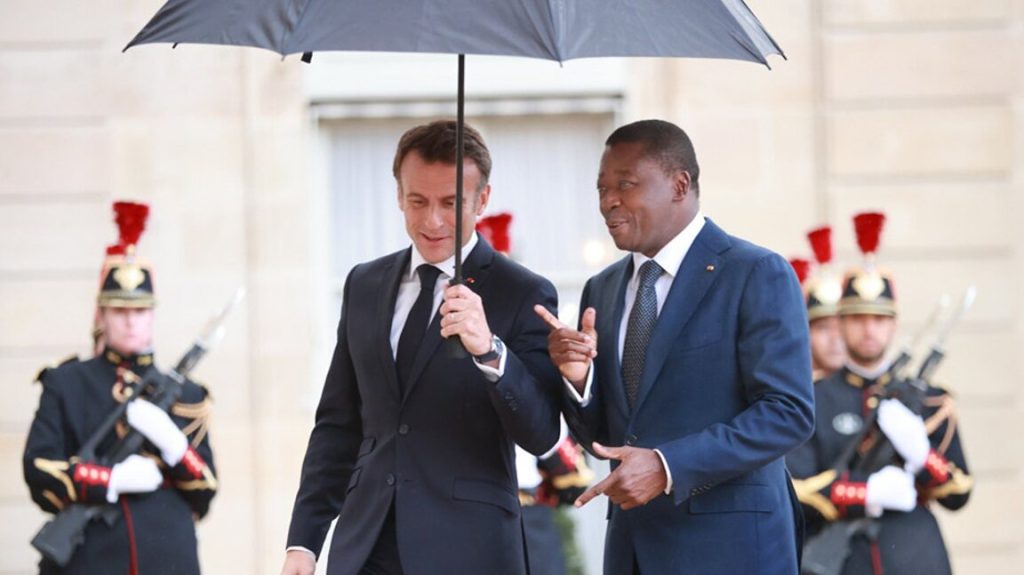A Dynasty’s Grip on Power
“The hyena with a cub does not listen to the cry of a dog.” – An African Proverb.
LOMÉ, Togo — In the tiny West African nation of Togo, the Gnassingbé family has held the reins of power for over half a century. Faure Gnassingbé succeeded his father, Eyadéma, in 2005. Recently, he orchestrated a constitutional overhaul that cemented his family’s control over the country’s political landscape.
Shedding light on this sophisticated power play, the new constitution, approved by Togo’s parliament in 2024, transitions the country from a presidential to a parliamentary system. Under the new system, the president will no longer be directly elected by the people. Instead, the president is chosen by parliament for a single six-year term. This change effectively transfers the power of presidential selection from the general public to their elected representatives.
Dr Anja Osei, a political scientist at the University of Konstanz, notes, “This constitutional change is a sophisticated manoeuvre to maintain power while giving the appearance of democratic reform.”
A Nation in Struggle
While the Gnassingbé family consolidates its grip on power, the average Togolese citizen faces significant challenges. Despite steady economic growth—GDP increased by 5.8% in 2022—poverty remains widespread, particularly outside Lome.
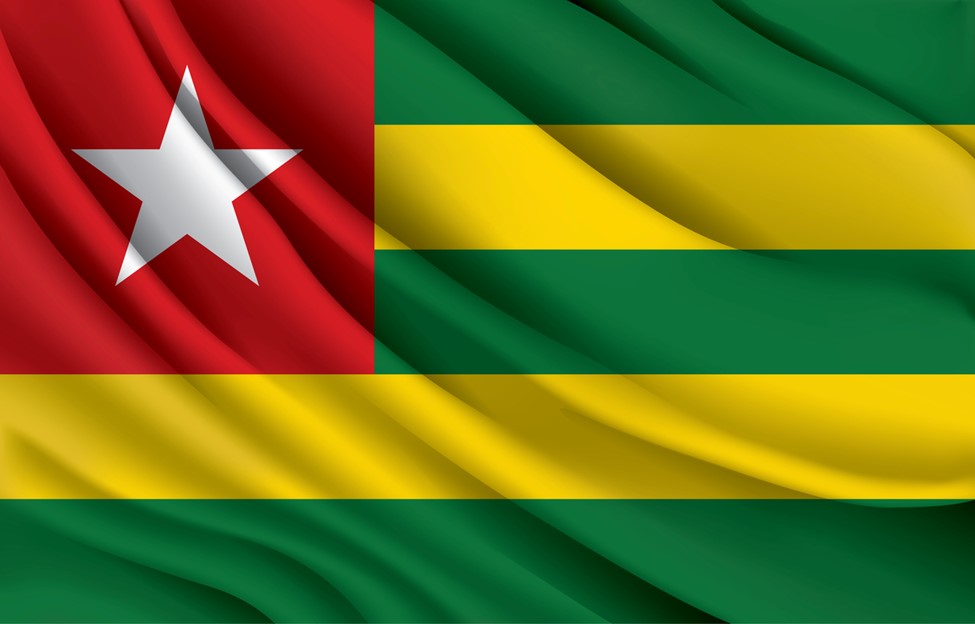
World Bank data shows that Togo’s per capita GDP stood at a mere $942.6 in 2022, highlighting its predominantly young population’s economic struggles. Access to essential services like healthcare and education remains limited, with the country grappling with high infant mortality rates and low life expectancy.
ECOWAS: A Paper Lion
In the face of this democratic erosion, one might expect regional bodies to intervene. However, the Economic Community of West African States (ECOWAS), tasked with promoting democracy and good governance in the region, has remained conspicuously silent on Gnassingbé’s democratic backsliding. These same toothless Lions threatened Niger, Mali and Burkina Faso with sanctions if they did not revert to civilian rule.
Highlighting this inconsistency, Dr Sylvanus Kwaku Afesorgbor, an expert in African politics at the University of Guelph, argues, “ECOWAS’s silence on Togo exposes its inconsistency and undermines its credibility as a guardian of democracy in West Africa.”
France’s Strategic Silence
While ECOWAS remains mute, another key player in the region, France, continues its role as the silent cheerleader. Togo’s former colonial power and a significant economic partner has also refrained from criticising Gnassingbé’s manoeuvres. In the geopolitical chess game, Africa is often the unwitting pawn, making a monkey out of everyone.
This silence is part of a larger geopolitical game in which Africa often finds itself an unwitting pawn. The situation in Togo exemplifies how terrible governance can provide Western powers with three key advantages: access to natural resources, strategic military presence, and economic and political influence.
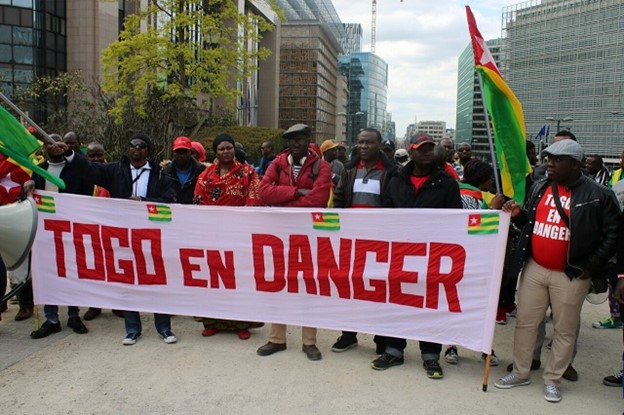
They gain favourable deals for natural resources like oil, minerals, and gas from countries with poor management. Bad governance leads to instability, which Western countries use as a justification for establishing military bases or interventions. Thirdly, Western countries exert significant economic and political influence over poorly governed nations through aid, loans, and investments.
How we, as Africans, still do not understand that our best interest does not serve the West baffles me. In Ga, a saying goes like this: “Awobo buluua coat” means making a monkey out of you.
A Precedent for the Region
The repercussions of Togo’s political developments extend far beyond its borders, setting a concerning precedent for West Africa. The Gnassingbé family’s ability to manipulate constitutional frameworks while avoiding international backlash may encourage other regional leaders to adopt similar tactics.
Sounding a warning bell, Dr. Gilles Yabi, founder of the West African think tank WATHI, cautions, “If left unchallenged, Togo’s example could inspire a new wave of constitutional coups across West Africa, further eroding democratic norms in the region.”

As we reflect on the proverb that opened our discussion – “The hyena with a cub does not listen to the cry of a dog” – its relevance to Togo’s situation becomes starkly apparent. The Gnassingbé family, like the hyena with its cub, seems impervious to the cries for democracy from its people and the international community. ECOWAS and France, which were meant to be watchdogs of democracy, have been reduced to ineffective spectators and instigators.
